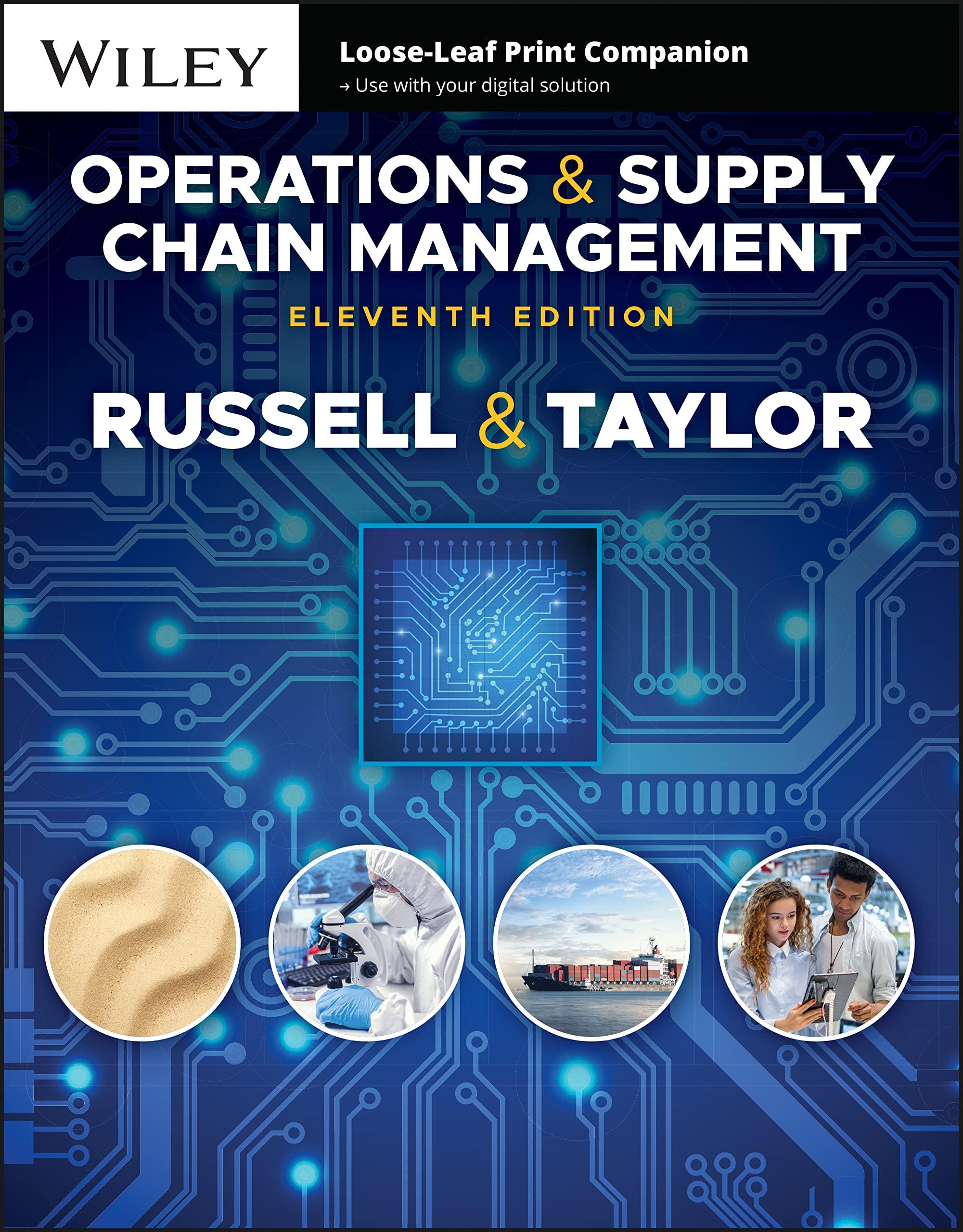Question
Subject: Business ethics 1. Read the case study: RAN is an environmental advocacy group that works to protect forests, the climate, and human rights. The
Subject: Business ethics 1. Read the case study: RAN is an environmental advocacy group that works to protect forests, the climate, and human rights. The group's campaign against Nestl began in 2010, when RAN released a report called "Caught Red-Handed: How Nestl's Use of Palm Oil is Destroying Rainforests and the Climate." The report highlighted the environmental and social impacts of Nestl's palm oil sourcing practices, which were contributing to deforestation, habitat destruction, and human rights abuses in Southeast Asia. RAN's campaign against Nestl used a variety of tactics to influence the company, including public protests, social media campaigns, and shareholder activism. For example, RAN organized a global day of action against Nestl in 2010, which involved protests at Nestl's headquarters and retail stores around the world. The group also launched a social media campaign called "Give Nestl a Break," which encouraged consumers to send messages to the company demanding that it take action on palm oil. In addition, RAN worked with investors and shareholders to pressure Nestl to change its practices. The group filed a shareholder resolution in 2011, which called on Nestl to adopt a responsible palm oil policy and commit to zero deforestation. The resolution received significant support from shareholders, including large institutional investors like CalPERS and CalSTRS. As a result of RAN's campaign, Nestl announced a new responsible sourcing policy for palm oil in 2010, which committed the company to sourcing palm oil only from suppliers that did not contribute to deforestation or human rights abuses. Nestl also joined the Roundtable on Sustainable Palm Oil (RSPO), a multi-stakeholder organization that works to promote responsible palm oil production and sourcing. Overall, RAN's campaign against Nestl is an example of how civil society stakeholders can successfully influence businesses to adopt more responsible practices. The campaign used a combination of tactics, including public protests, social media campaigns, and shareholder activism, to pressure Nestl to change its palm oil sourcing practices. The result was a significant shift in Nestl's approach to palm oil, which has had positive environmental and social impacts in Southeast Asia. 4. Reflect on the Role of Civil Society Stakeholders (8 points) Consider the following questions: 1. What are some of the key strategies that civil society stakeholders can use to influence businesses?
Step by Step Solution
There are 3 Steps involved in it
Step: 1

Get Instant Access to Expert-Tailored Solutions
See step-by-step solutions with expert insights and AI powered tools for academic success
Step: 2

Step: 3

Ace Your Homework with AI
Get the answers you need in no time with our AI-driven, step-by-step assistance
Get Started


